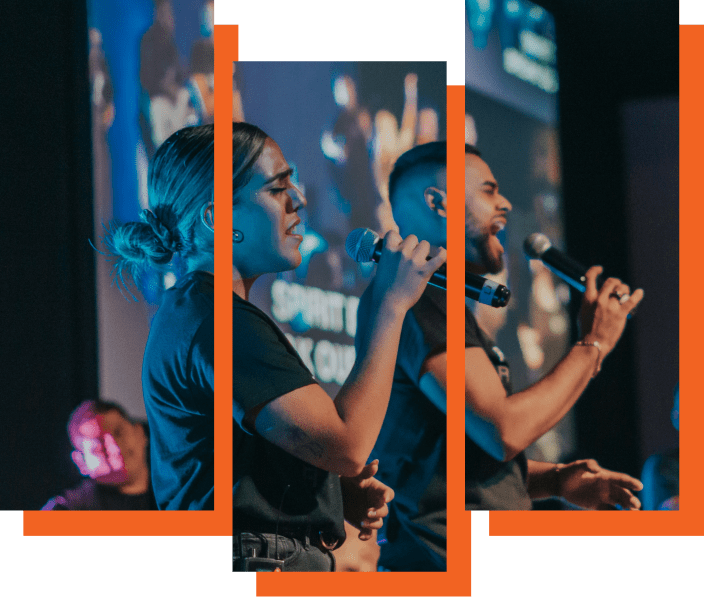Events across the UK and online
AOTOS has a busy calendar, running both in-person events across the UK and a strand of online events, many of which are free to members. Our national conferences bring together leaders in their field of knowledge as well as giving opportunities for networking and professional development.
Upcoming events